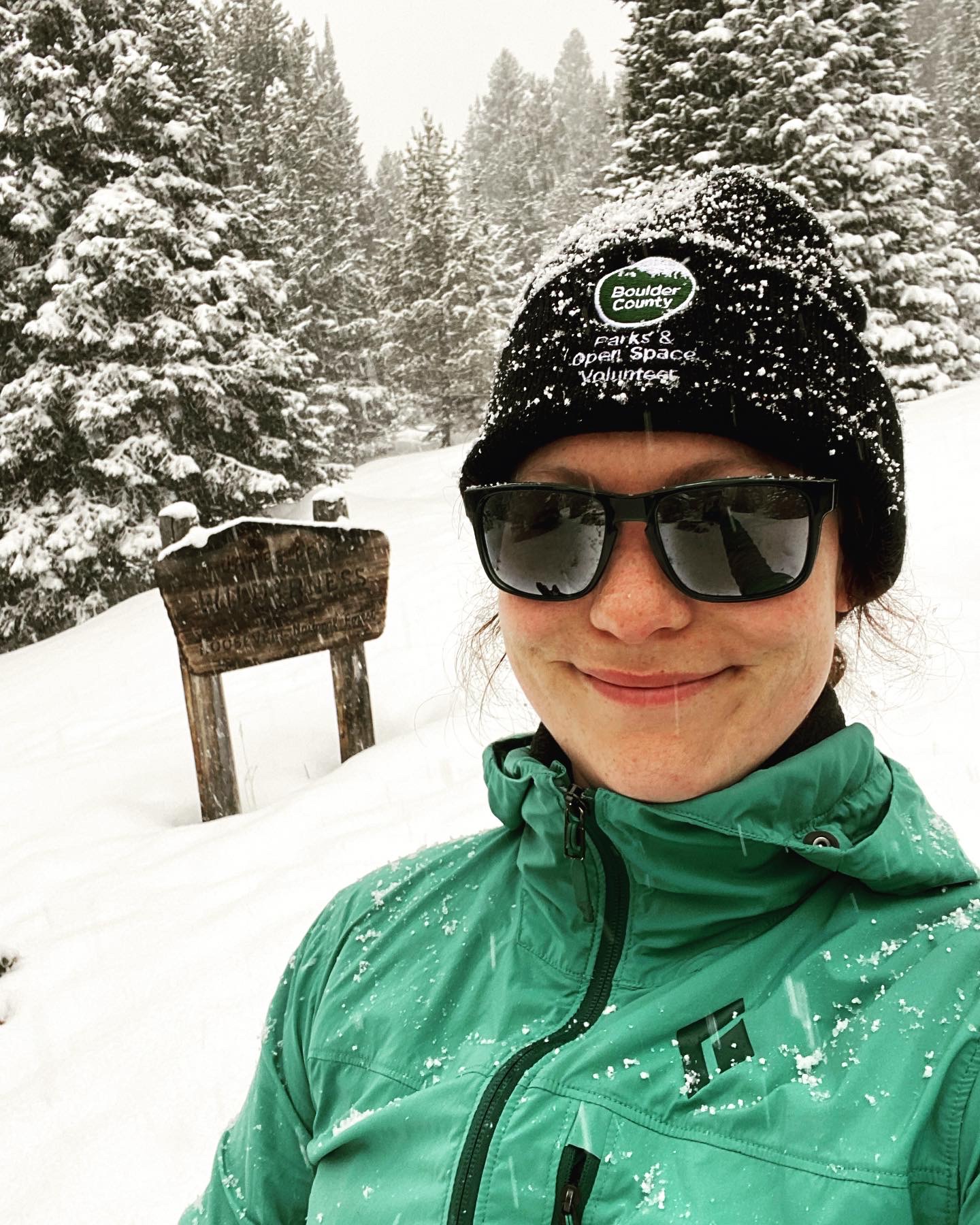The Essential Gear for Backcountry Hiking in Colorado
- Christie Lynn

- Jun 21, 2023
- 2 min read

If you're planning a backcountry hike in Colorado, it's crucial to be well-prepared. Colorado's stunning landscape varies from vast plains to rugged mountains, all of which can offer very different experiences depending on the season.
Whether you're traversing the Collegiate Peaks, trekking through Rocky Mountain National Park, or exploring the Maroon Bells, the right gear can make the difference between a memorable adventure and an unfortunate situation.
Here is a guide to the essential equipment for backcountry hiking in Colorado.
Hiking Footwear
It goes without saying that good quality hiking boots are essential. Choose boots that are waterproof, breathable, and provide good ankle support. Look for durable soles with excellent grip for Colorado's sometimes rocky terrain. Depending on the hike's length, you might prefer hiking shoes or trail runners, but always prioritize comfort and protection.
Clothing
Dressing in layers is a golden rule when it comes to hiking. Colorado's weather can be quite unpredictable, and it's not unusual for sunny skies to suddenly turn into a hailstorm.
Base Layer: Opt for moisture-wicking materials to keep you dry.
Middle Layer: Choose an insulating layer like a fleece jacket to keep you warm.
Outer Layer: A waterproof, wind-resistant jacket is ideal to protect you from rain, wind, and snow.
Remember to pack waterproof pants, warm gloves, and a beanie for cold mornings and high altitudes.
Backpack
Choose a sturdy, comfortable backpack with enough capacity to hold your gear. It should have a good harness system, with adjustable waist and chest straps to distribute weight evenly. Hydration bladder compatibility is a nice feature for easier access to water.

Navigational Aids
A good map and compass are essential. Even though GPS devices and smartphones are convenient, they can run out of battery or lose signal in remote areas. A topographic map of the area you're exploring, and a reliable compass are indispensable navigation tools that don't rely on technology.
First-Aid Kit
In case of emergency, a first-aid kit is necessary. It should include bandages, antiseptic wipes, tweezers, medical tape, pain-relief medication, blister treatments, and any personal medication you may need.
Food and Water
Pack high-calorie snacks like nuts, jerky, energy bars, and dried fruit to keep you fueled. For water, bring at least one liter for every two hours of hiking, but adjust the amount depending on the trail's length and intensity. A water filter or purification tablets are essential if you plan to refill from natural sources.
Shelter and Warmth
A lightweight tent or bivvy sack is important in case you have to spend an unplanned night outdoors. Also, bring a sleeping bag suitable for the lowest expected temperature. Even in summer, temperatures can plummet at night, especially at high altitudes.
Other Essentials
Headlamp: Always carry a headlamp with extra batteries for dark nights or early mornings.
Multitool: A multitool can be handy for repairs, food preparation, or emergency situations.
Firestarter: Waterproof matches or a lighter, together with some form of tinder, can help you start a fire if needed.
Sun Protection: High-altitude sun can be intense, so pack a hat, sunglasses, and sunblock.
Remember, it's always better to over-prepare than to be caught off guard. With these essential pieces of gear, you'll be well-equipped to enjoy the natural beauty of Colorado's backcountry, while staying safe and comfortable. Happy hiking!



Comments